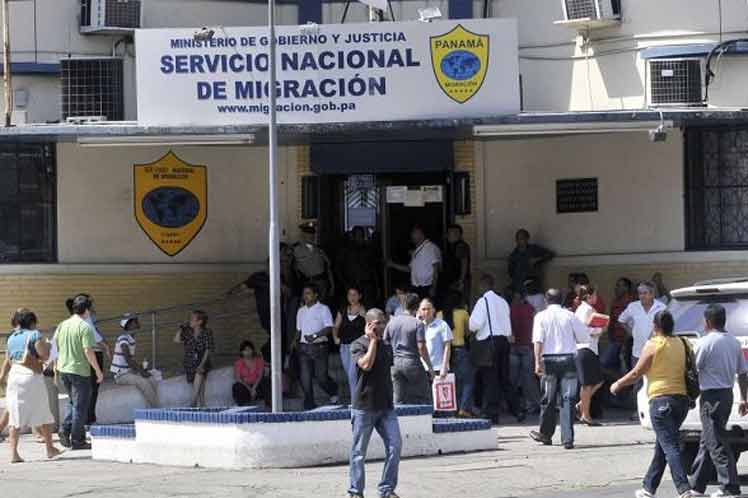Asked avout the issue, President Juan Carlos Varela told the media yesterday that he would announce new migratory measures in January, although he reaffirmed the decision of legalize the status of those who have remained in the country for more than six months, as established by the regulations.
Varela said he respected the opinion of those who held the protest, but he said it was not the feeling of the majority of the Panamanian citizens.
Carrillo recognized that around 350,000 foreigners are currently in the country, including those with irregular and legal statuses, almost a third of them with permanent residence, but he clarified that the presence of a large number of tourists led to the perception that the number was even larger.
Carrillo explained that there was an agreement with the United States since 2011, on advanced information on passengers, though which all flights that depart from or arrive in Panama City send the list of passengers, before departure, to a data base in that country.
The purpose is to check if they have criminal records or are wanted for any crime and that procedure has allowed to capture international criminals, the head of the migratory service asserted.
Such statements try to answer to a group created through social networks, called ‘Panama for Panamanians,’ who called to the aforementioned protest in a busy street in this capital, with posters against the presence of foreigners, especially related to jobs.
The group, which has followers and opponents in the population, rejects the presidential decrees to legalize the status of irregular immigrants and believe that it causes security and health problems, ‘because foreigners benefit from the health subsidies in the country,’ they said.
